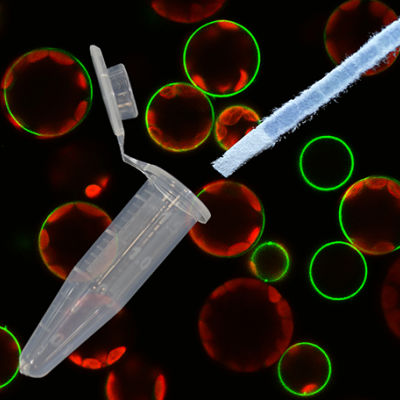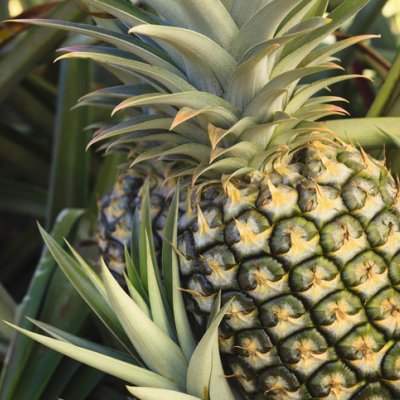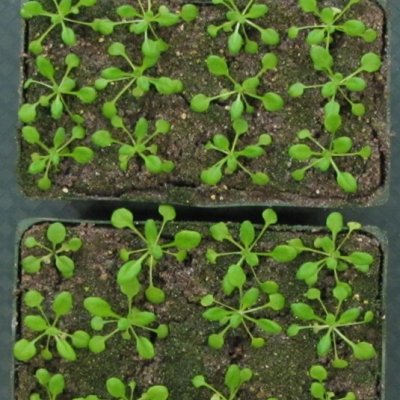Technology that helps to quickly extract and analyse genetic material could be used for cheap, accurate and mobile COVID-19 testing, including at airports and remote testing centres.
6 October 2020New pineapple varieties which grow more reliably and predictably are being developed in a University of Queensland-led project that will benefit farmers and industry.
9 March 2020New dipstick technology that enables pathogen detection and the rapid diagnosis of human, animal and plant disease in even the most remote locations has been developed by University of Queensland scientists.
22 November 2017Plants get stressed and send defensive signals in the same way humans do, researchers from The University of Queensland have found.
11 October 2016A single-drop DNA test invented by University of Queensland scientists could revolutionise the detection of diseases in humans, livestock and crops.
20 March 2015A researcher from The University of Queensland, has conducted the world’s first pineapple microarray to gain a better understanding of tropical fruit development at the molecular level.
2 September 2013Students and staff passionate about exchanging extraordinary ideas have secured top speakers for The University of Queensland’s first ever TEDx event on March 23.
7 March 2013With the world population predicted to hit 9 billion in 2050 and land and water resources in decline, the focus for World Food Day on Tuesday 16 October will be on how to do more with less.
12 October 2012The University of Queensland has won two major awards at the Australian Awards for University Teaching announced at Parliament House in Canberra today (Tuesday, November 30).
30 November 2004Home gardeners are set to benefit from Australian company, Origo Biotech Pty Ltd’s latest University of Queensland research into developing plants which produce more flowers over an extended season.
26 November 2004The University of Queensland will have three finalists in this year’s Australian Awards for University Teaching, to be announced at Parliament House in Canberra on Tuesday, November 30.
15 November 2004Brilliant green turf all-year round, needing less maintenance and mowing, could soon be available through technology developed at The University of Queensland.
19 January 2004The University of Queensland announced the 2001 winners of its teaching excellence and research supervision awards at a ceremony at Customs House in Brisbane last night.
23 November 2001Genetically modified crops are not a threat to the environment or human health, and have significant consumer benefits, a University of Queensland scientist told delegates today at a Brisbane conference.
5 July 2000A University of Queensland botanist has criticised vandals who this week damaged part of a pineapple experiment aimed at boosting Australia's economy.
10 March 2000A Queensland project involving the world's first transgenic pineapples will be good for the Australian economy and good news for consumers, according to a University of Queensland researcher.
2 March 2000Mangoes and papayas could have a longer shelf life without refrigeration following a $1 million project involving Australian, Filipino and Malaysian researchers.
3 August 1998Mangoes and papayas could have a longer shelf life without refrigeration following a $1 million project involving Australian, Filipino and Malaysian researchers.
5 December 1997A University of Queensland researcher has cloned and patented the gene which controls fruit ripening and flowering in pineapples.
5 December 1997


